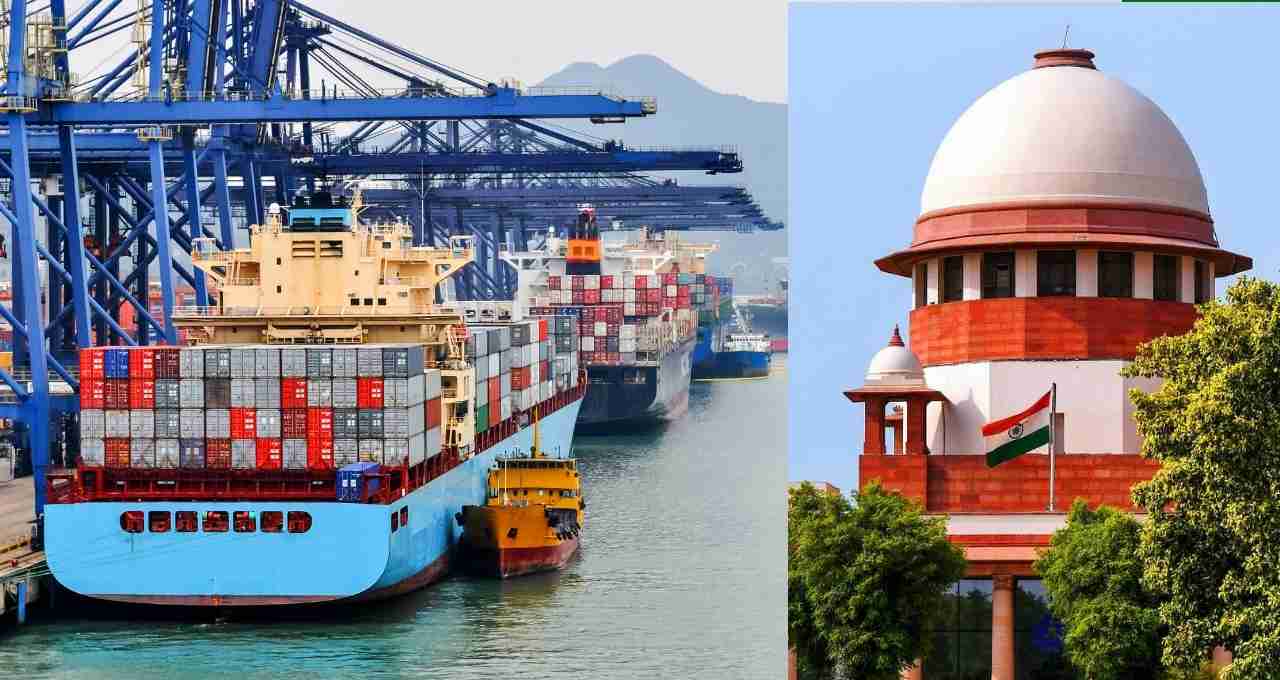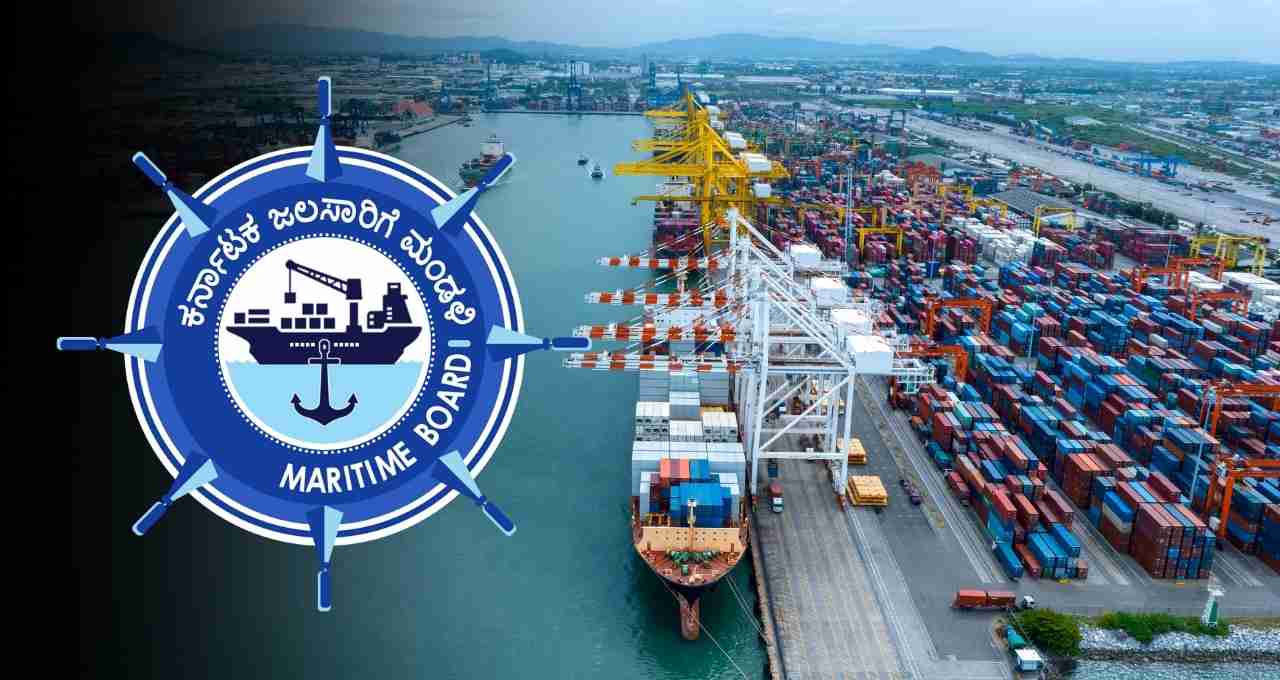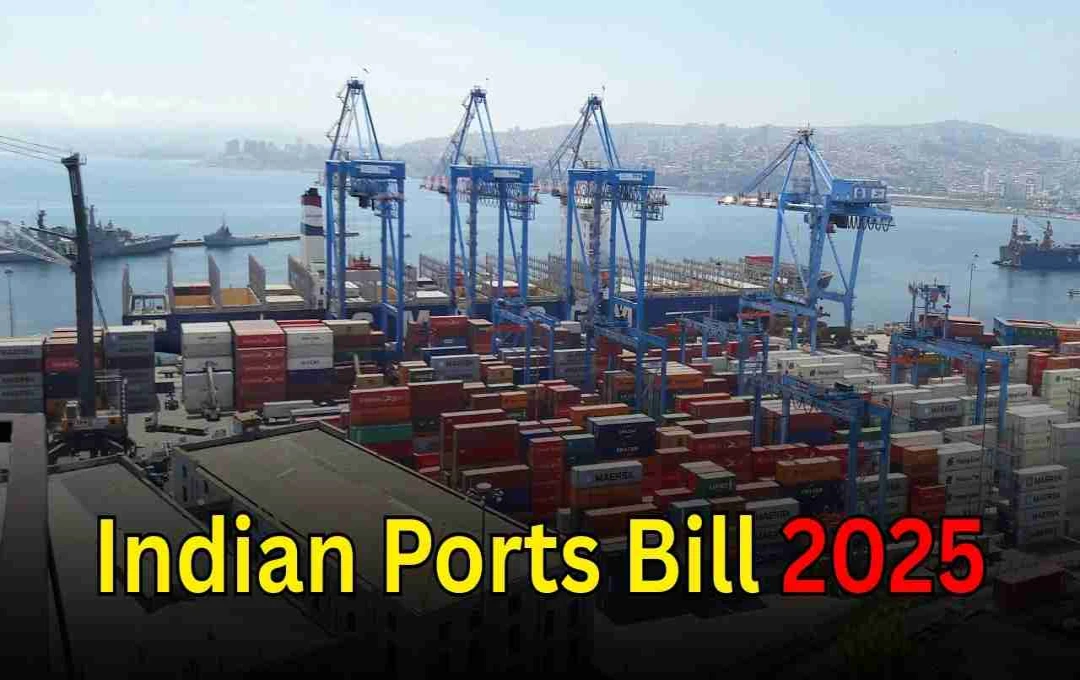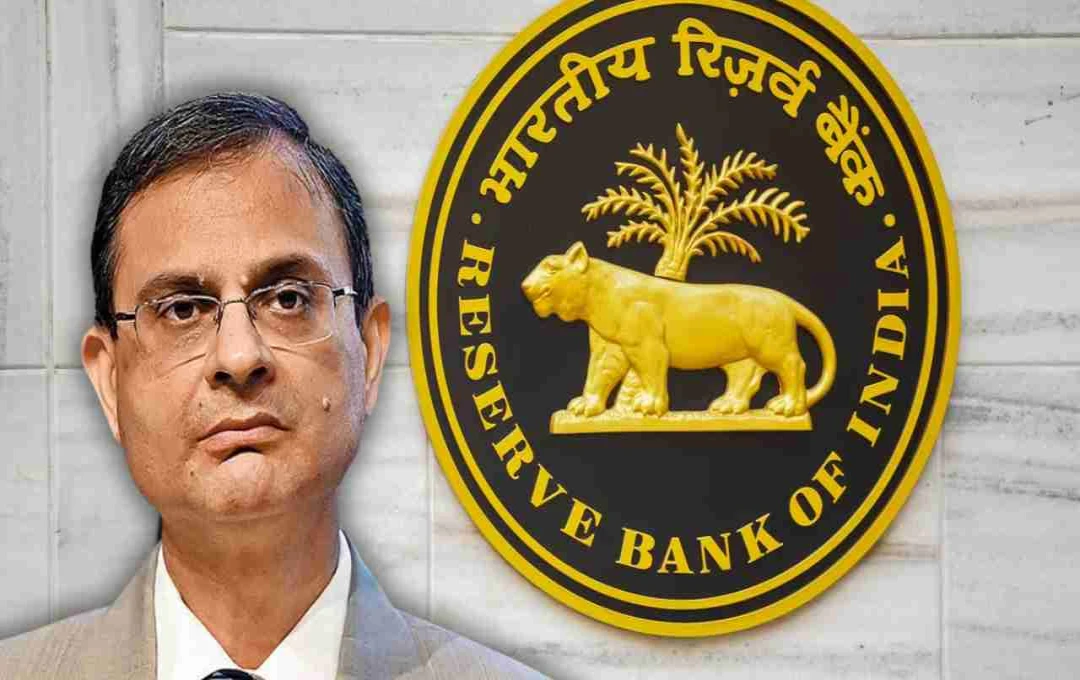The Lok Sabha has passed the Indian Ports Bill, 2025, which aims to modernize and integrate the country's port sector. The bill includes provisions for better coordination between the center and states, a Maritime State Development Council, State Maritime Boards, and environmental and safety standards. This will increase transparency and speed in investment, logistics, and export-import trade.
New Delhi: The Lok Sabha passed the Indian Ports Bill, 2025 on Tuesday, which will ensure long-term planning and strategic development for all ports in the country. The bill includes the establishment of the Maritime State Development Council, port management through State Maritime Boards, adherence to environmental and safety standards, operations in accordance with international rules, and Dispute Resolution Committees for dispute resolution. This will promote port infrastructure, real-time data sharing, and 'Ease of Doing Business'.
Integrated Ports and Centre-State Cooperation

The Indian Ports Bill, 2025 has been introduced keeping in mind the improvement and modernization of the Indian port sector. Under this bill, there is a plan to incorporate all the ports of the country into an integrated port system. Its objective is to establish b coordination between the central and state governments, so that the long-term development of port operations, logistics, and infrastructure can proceed smoothly.
This step will increase the operational efficiency of the ports, speed up the decision-making process in the logistics sector, and is also being seen as a positive sign for investors. In addition, export and import trade can be improved through modern facilities and technological improvements at the ports.
Formation of Maritime State Development Council
Under the bill, the Maritime State Development Council (MSDC) will be formed. This will be an advisory body that will guide the central and state governments on port operations, logistics, cargo handling, and other important matters. The MSDC will present suggestions based on real-time data such as cargo volume, ship traffic, connectivity, and capacity.
With the help of MSDC, the policy-making and decision-making process will be more transparent and timely. This will improve the operation of ports and increase efficiency in the logistics sector. In addition, the MSDC will also provide guidance in complying with international standards and modern port management systems.
State Maritime Boards and Reforms at the State Level

Under this bill, all coastal states will be encouraged to form State Maritime Boards. These boards will operate port management, administration, and operations under a uniform framework. In addition, Dispute Resolution Committees will be constituted at the state level for smaller ports other than major ports.
These committees will ensure speedy and fair settlement of disputes arising between port authorities, concessionaires, and users. Appeals against the decisions of the committees can be made in the respective High Court. In this way, planned and quick dispute resolution will be ensured in the port sector.
Environment, Safety and International Standards
The bill includes important provisions such as environmental protection, pollution control, disaster management, navigation, and data management. This will ensure that all port operations are safe, transparent, and in accordance with international standards.
Compliance with international agreements and treaties to which India is a party will now be mandatory. This will increase the global credibility of the country's port sector and India will emerge as a safe and efficient port hub at the international level.














